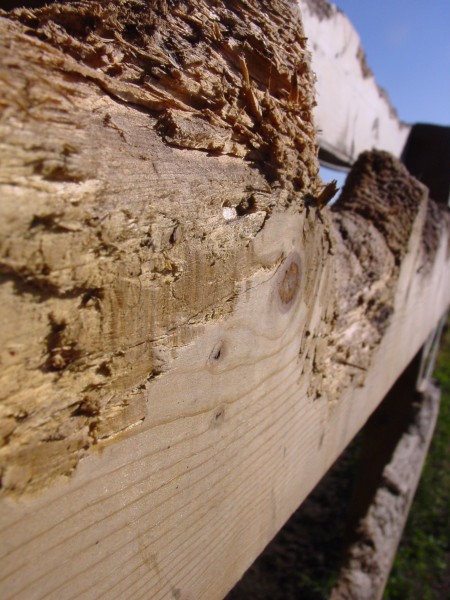Your horse ate WHAT?

Abnormal or unusual eating behavior is not uncommon in horses and may be of concern to a horse owner. Foals frequently nibble at manure, which is one way the microbial population of the gut is established. It does not look attractive, but may be normal investigative behavior. Other unusual eating behavior includes chewing on fences or stall walls, eating bark off trees, chewing on their stable mate’s tails and eating dirt. In some species, the term “pica” is used to indicate consuming unusual food. Except for salt, and perhaps phosphorus, there has been limited information to document that horses have nutritional wisdom for selecting nutrients. They can select and consume plants that taste better than other plants.
If a horse is demonstrating unusual eating behavior, the following check list might be useful in determining what factors may be driving the behavior:
- Does the horse have adequate long stem fiber available? If the horse does not feel full or is bored, they will find something to chew on and consume. Fences, stalls and trees may suffer! If the horse is getting sufficient Calories to maintain body condition, but is not consuming enough dry matter to feel full, they will try to consume more of something and will look for things to nibble on.
- Do they have adequate salt available free choice? Horses that do not have salt available will chew on a variety of objects seeking salt, such as tool handles or leather. They may eat dirt where salt might be present in small quantities or where there are or have been ashes. Wild animals seek out “salt licks” and consume bones.
- Do they have adequate mineral intake? While the horse may not have specific mineral wisdom, abnormal consumption may be a good time to review macro and micro mineral intake to ensure their diet is balanced and they are receiving adequate amounts of these important micronutrients.
- Does the horse have ulcers? There have been anecdotal reports of horses with ulcers seeking to consume fiber or dirt.
- Young horses cutting teeth may sometimes exhibit some unusual chewing behavior. Young horses also like to explore and will nibble on or consume mop fibers, decorations, leather etc.
Anytime a horse is consuming unusual material, a thorough review of the diet is a good idea to make certain there is sufficient fiber, adequate minerals, including salt, and adequate protein/amino acid intake. If boredom is an issue, increased exercise or the use of stall toys may be a good idea. And of course, if your horse consumes something odd, or excessive amounts of something, make sure to contact your vet!
